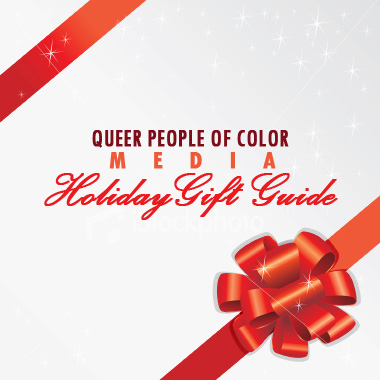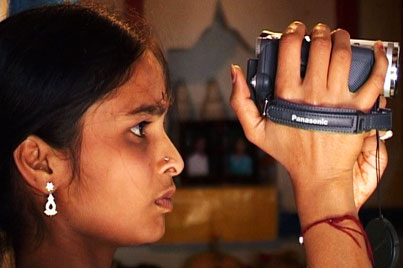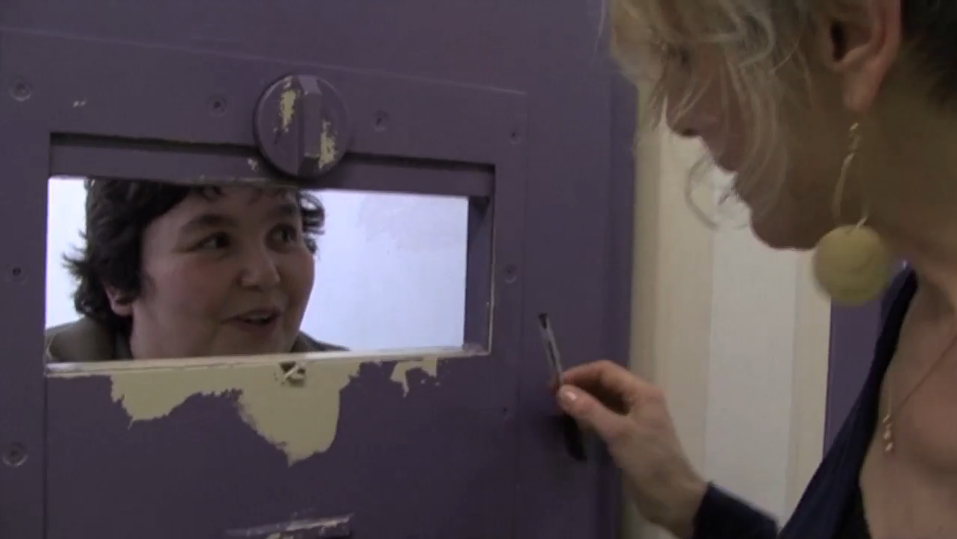It seems it doesn't matter what time period or continent I escape to; girl meets girl can never just happen in peace.
-
-
Afrofeminism - Blog - Books - Creative Corner - Film - Gender and LGBT Issues - Media - Music - Race, Culture, Ethnicity
10 Books, Films, and Music by Queer People of Color That Would Make Excellent Gifts
As a follow up to my last piece about how media can help facilitate "coming out" or facilitating important conversations about sexuality over the holidays, I've compiled a list 10 of my picks for books, film, and music created by queer people of color that would make excellent gifts! If…
-
How to Increase Media Diversity: 3 Lessons from the London Feminist Film Festival
It's only been a few months since the LFFF's initial email to me, but judging from the film festival's program, the organizers efforts have really paid off. It's not every day I get to see I'm impressed with an organization's outreach efforts (and results). So, I'd like to take this…
-
4 Powerful Documentaries about African Women Everyone Should Watch
Check out these powerful films -- Taxi Sister, KungFu Grandma, The Witches of Gambaga, and Ladies' Turn -- exploring the lives of African women through narrative documentary. They're showing at the London Feminist Film Festival, which was set up as a response to the under-representation of women in the film…
-
Afrofeminist Film Review of “Beautiful Sentence”: Women in Prison Write Poetry for Healing and Salvation
Check out my review of Beautiful Sentence, a short documentary about women in prison as they experience the liberating effect of creative writing, in which I reflect on gender segregation in prison systems and its impact on transgender women. Beautiful Sentence screens at the first annual London Feminist Film Festival…
Online rulet oyunları gerçek zamanlı oynanır ve online slot casino bu deneyimi canlı yayınlarla destekler.
İnternet üzerinden eğlence bahsegel giriş arayanlar için deneyimi vazgeçilmezdir.
Kullanıcıların hesaplarına hızlı ve sorunsuz bettilt ulaşabilmesi için adresi her zaman güncel tutuluyor.




